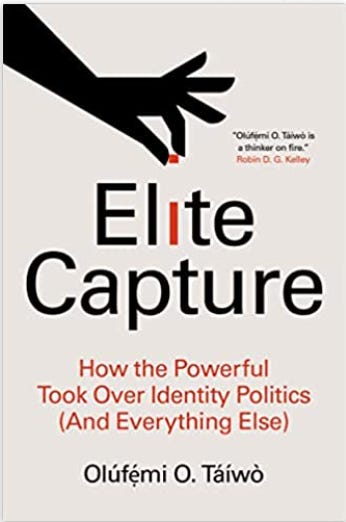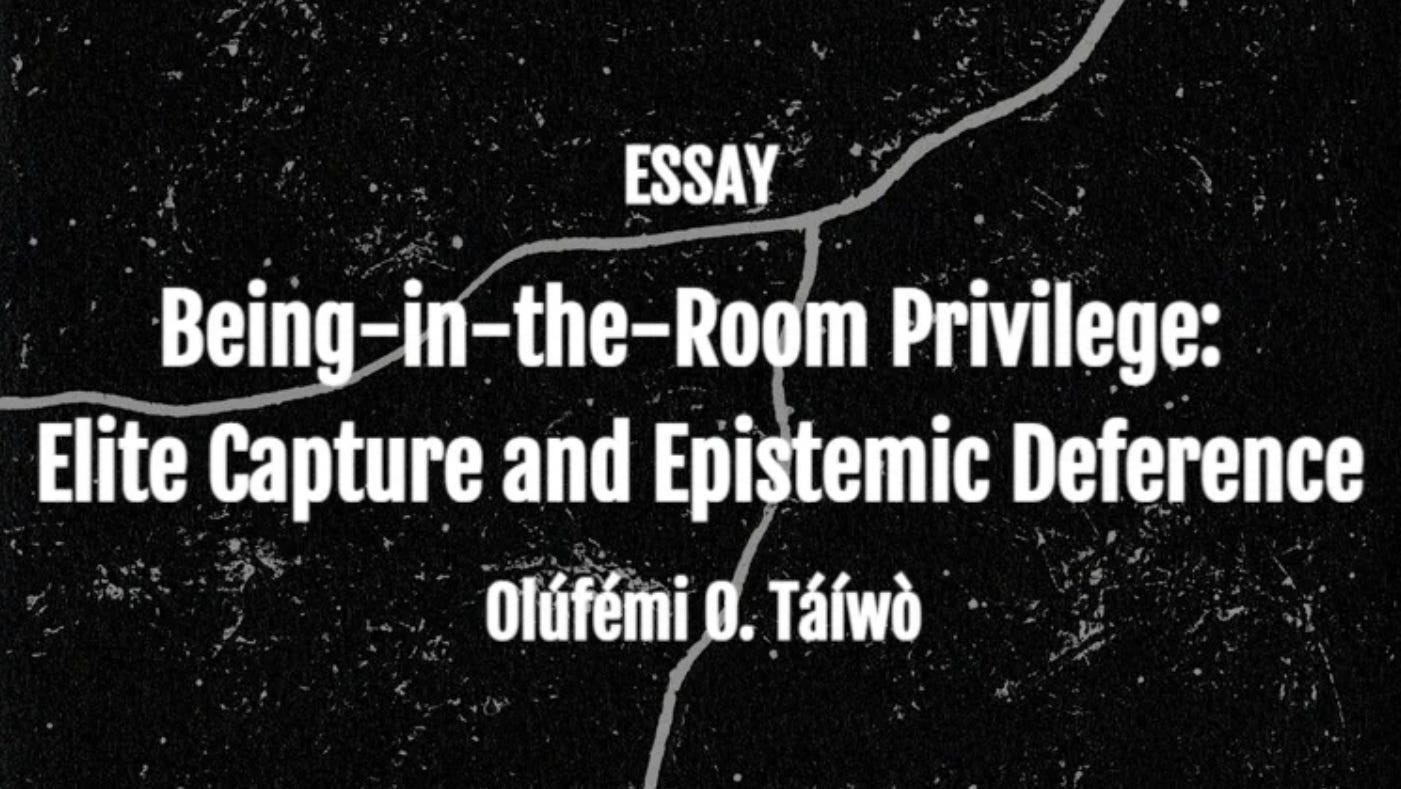We need a purer dose of intersectionality
Here are two ideas from my book, Reconstructing Inclusion: Making DEI Accessible, Actionable, and Sustainable and other texts I leaned on in writing it. In addition, I’ve included one quote, a book recommendation, and a video or article that has inspired or influenced me and hopefully will resonate with you, too. (That’s ✌🏿+ 💡📚➕).
Page 135-136
Intersectionality: The Good, Bad, Ugly, Good
"Intersectionality offers a conceptual space to explore the burgeoning multidimensionality in organizational life. It can expand the space to explore complexity, but that is not what it has consistently done. Crenshaw is interested in making room for more advocacy and what she calls “remedial practices.” I would refer to it as designing organizations for systemic equity.
We need a purer dose of intersectionality. That means we need to extract its essence. How do we best serve it through our conceptions and actions? And how does it best serve us as a tool to refine our senses and expand our apertures?
Context drives content. If the context remains limited, we will lose intersectionality and all its power to the “ugly.” I would argue that it has already happened to some extent, and there will be some YouTube stars, bloggers, and politically-oriented public intellectuals from across political spectra, out of convenience and in deference to their brands, who hold on to their points of view without consideration of the various contexts that are always at play.
Their perspectives should be welcomed and criticized, not with the fire of annihilation, but with a light of humility."
Photo by Seb Zurcher on Unsplash
Page 151
"The concept of agency has been long examined in the social sciences and overlaps with various notions of human engagement and interaction. In developing his seminal work on social cognitive theory, Albert Bandura claims that one’s agency comes via the accumulation of knowledge through the observation of others via social engagement, experiences, and other external media.
At the heart of social cognitive theory lies two concepts—human capability and human agency. Human capability speaks to the evolution of one’s capacity to acquire knowledge and skills directly and implicitly. In organizational systems, building capabilities through experiences, relationships, goal setting, and constant expansions of one’s ability to contribute through information extracted from various networks is implicitly expected. The more a person characteristically develops a record of dynamic capability, the more they can be rewarded through work and roles with greater responsibility and control.
Conversely, an individual’s sense of agency embodies the belief that we can sufficiently control our capability development. It doesn’t mean we believe or desire to do this alone. The more robust agency we possess, the more confidence we have in our ability to adapt and evolve in exercising our influence.
Agency is the self-confidence that we can perform independently and interdependently while navigating the various circumstances that inevitably emerge [amongst the complexity] of conducting business."
💡A Quote
“Treating group elites’ interests as necessarily or even presumptively aligned with full group interests involves a political naiveté we cannot afford. . .Perhaps after we in the chattering class get the clout we deserve and secure the bag, its contents will eventually trickle down to the workers who clean up after our conferences, to slums of the Global South’s megacities, to its countryside. But probably not.”
—Olúfẹ́mi O. Táíwò
📚A Book
Photo Credit: Amazon.com
Elite Capture: How the Powerful Took Over Identity Politics (And Everything Else)
➕An Article
Being-in-the-Room Privilege: Elite Capture and Epistemic Deference
If you have yet the opportunity to buy Dr. Táíwò’s powerful book, this article will give you a sense of how he challenges epistemic deference.
A snippet:
“The call to “listen to the most affected” or “centre the most marginalized” is ubiquitous in many academic and activist circles.
But it’s never sat well with me. In my experience, when people say they need to “listen to the most affected”, it isn’t because they intend to set up Skype calls to refugee camps or to collaborate with houseless people.
Instead, it has more often meant handing conversational authority and attentional goods to those who most snugly fit into the social categories associated with these ills – regardless of what they actually do or do not know, or what they have or have not personally experienced.”
I hope this was helpful. . . Make it a great day! ✌🏿






